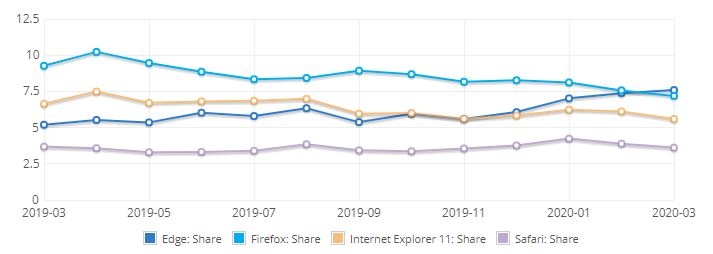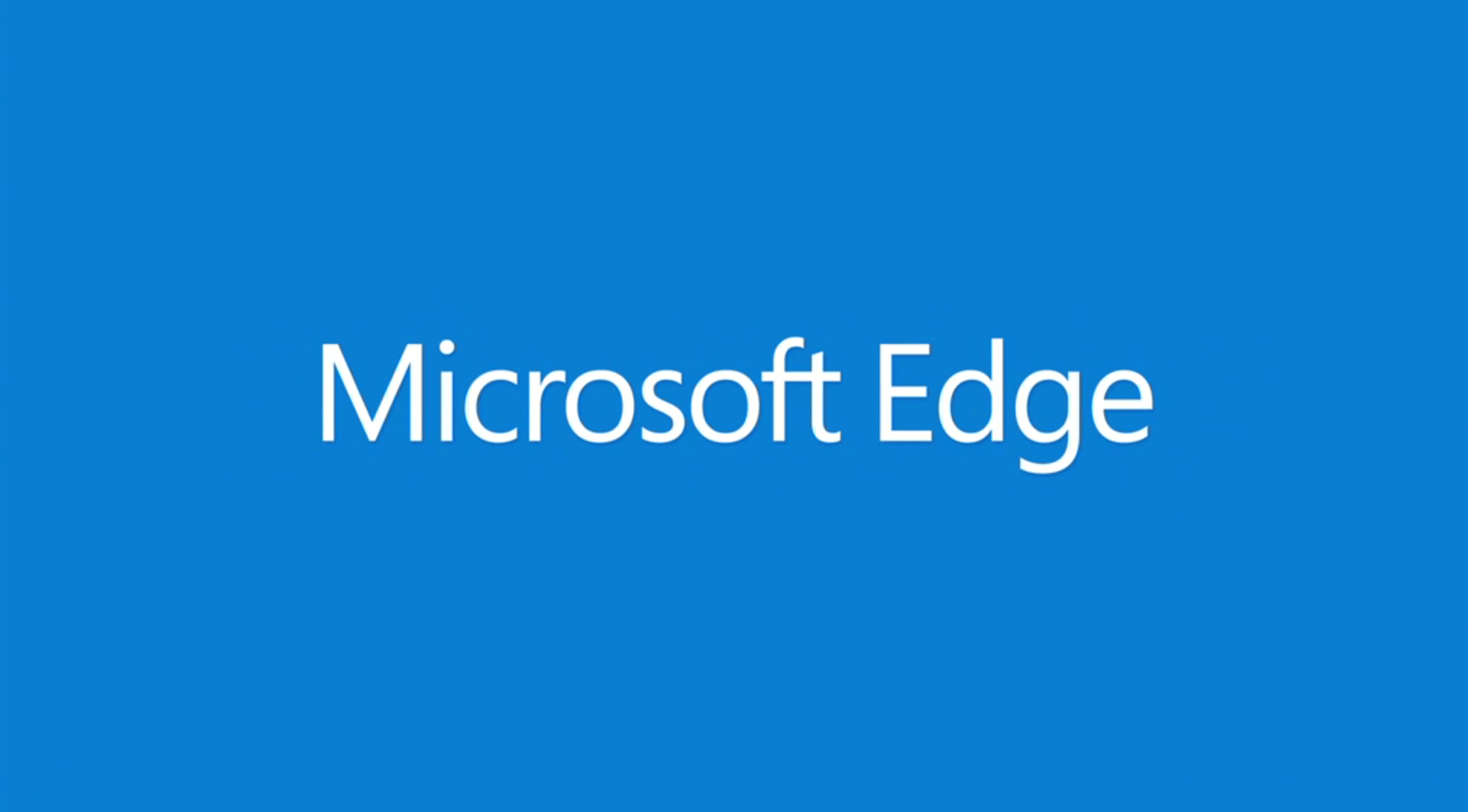

This increased the user's ability to use more extensions and add-ons while significantly speeding up the browser. Why has Edge gained such a following recently when it initially seemed to take a while to catch on? Its adoption of the Chromium framework in 2020-the same backdrop framework that Chrome uses-is a significant factor. Furthermore, it trails Safari by less than 1%, putting it in a solid position to overtake it soon. Microsoft Edge overtook Firefox in terms of global desktop browser market share, moving up to third place behind Chrome and Safari. For instance, Microsoft Edge is a browser that has slowly gained popularity since its launch in 2015.Įdge is replacing Internet Explorer, but its adoption is slow however, it appears that the time has come.

However, just because a browser is the most popular right now doesn't guarantee that it will remain that way. Internet Explorer, which has been retired, was the dominant browser a little more than ten years ago, but Google's Chrome has held that position for some years. Since many programmes are now cloud-based and accessible only through browsers, we typically operate with them using our computers or mobile devices.īrowsers have come and gone over the years. In StatCounter’s analysis, Edge doesn’t even make it into the top six browsers on mobile, but first-placed Chrome commands 62.87 of usage share, with Safari on iPhones and iPads taking a comfortable 25.35 percent in second place, 20.65 percent ahead of third-placed Samsung Internet, with 4.9 percent.Our internet browser is one of the most important programmes we select. What’s the data analysis for mobile browsers? Google Chrome remains in first place with a dominant 66.64 percent share, and Mozilla’s Firefox stands in fourth with 7.86 percent. What is the usage percentage of various browsers?Īccording to the data, Microsoft Edge is now used on 10.07 percent of desktop computers worldwide, 0.46 percent ahead of Safari, 9.61 percent. This may lead to a focus on bug fixes and performance improvements instead. With the likes of Brave, Vivaldi, and DuckDuckGo in its rearview mirror, Apple is likely to be cautious about making such substantial changes in future versions of its native browser. Eventually, Apple rolled many of them back before releasing the final version to the public in September. Last year, at WWDC Apple, introduced a radical redesign of its browser, but the changes were met with derision.

This caused Apple’s Safari team to ask for feedback regarding improvement. In recent years, some users reported bugs, user experience, and website compatibility.

There have been many complaints regarding Safari.


 0 kommentar(er)
0 kommentar(er)
